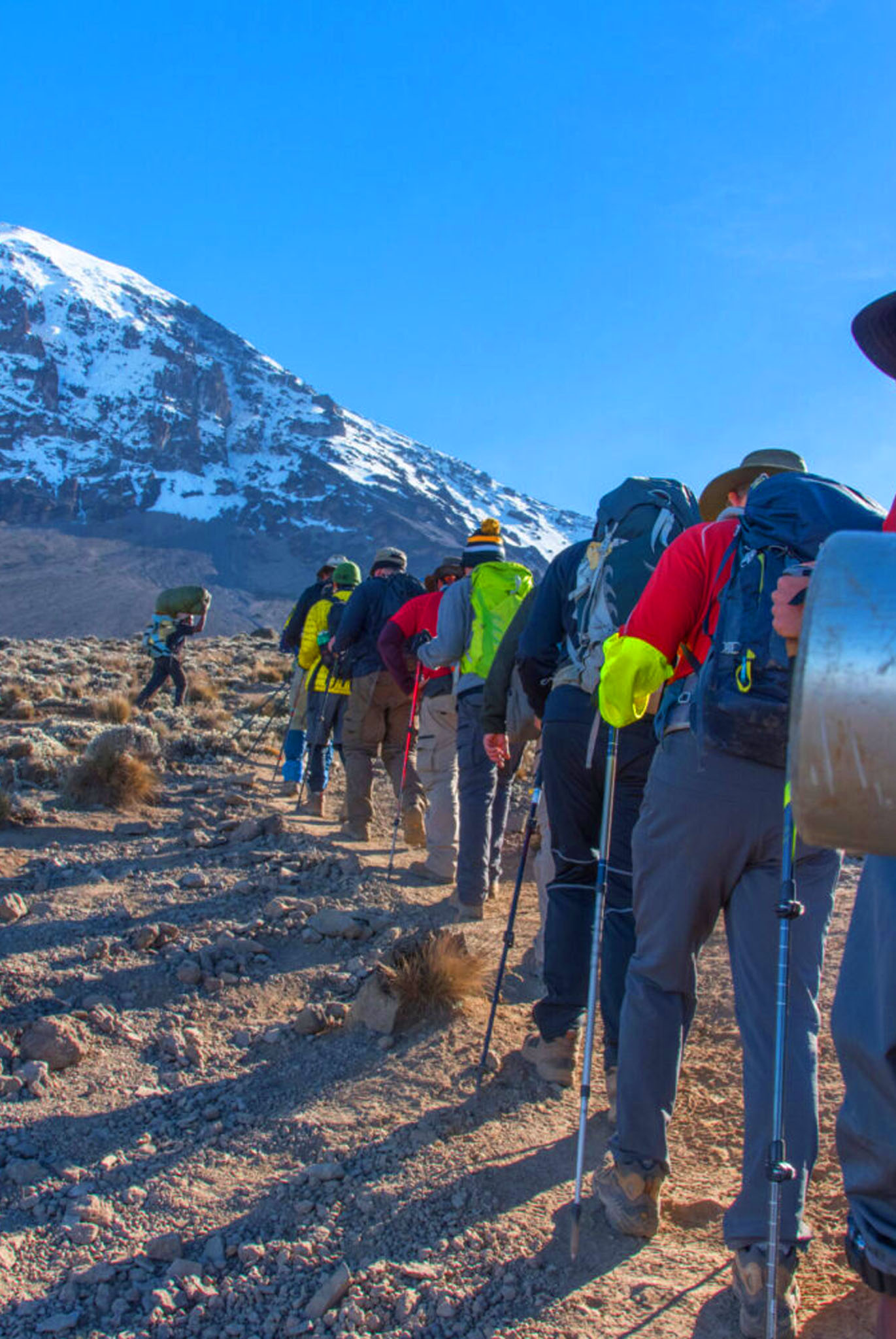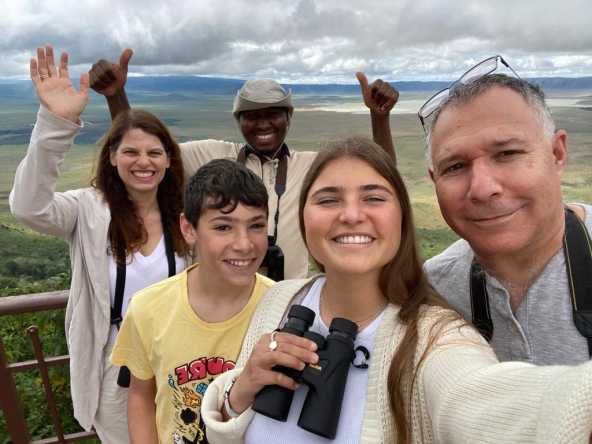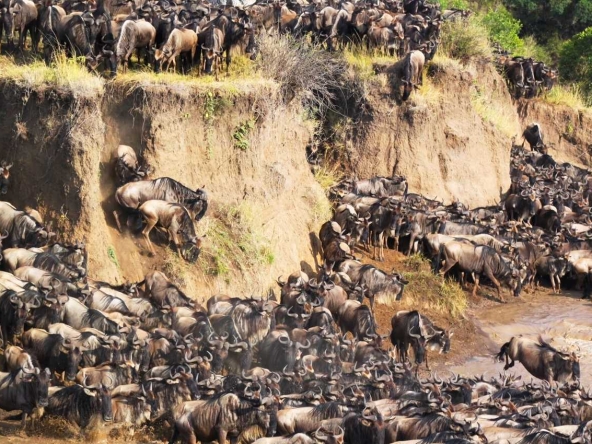Climbing Mount Kilimanjaro, the highest peak in Africa, is a challenging endeavor, but with proper preparation, determination, and the right support, it is an achievable goal for many adventurers. The difficulty of climbing Kilimanjaro largely depends on several factors such as fitness, altitude acclimatization, and mental resilience.
One of the challenges of climbing Kilimanjaro is the altitude. The mountain stands at a towering height of 5,895 meters (19,341 feet) above sea level, and the high altitude can pose various health risks. Altitude sickness, characterized by symptoms like headaches, nausea, and fatigue, can affect climbers. However, experienced tour operators like Amazing Serengeti Safaris provide well-designed itineraries that incorporate gradual ascent and acclimatization days, allowing climbers to adjust to the altitude and minimize the risk of altitude-related complications.
Another aspect that makes Kilimanjaro challenging is the physical demand it places on climbers. The trek typically takes several days, covering a distance of approximately 60 kilometers (37 miles) depending on the chosen route. Climbers need to have a reasonable level of fitness, as the hike involves long hours of walking, steep ascents, and challenging terrain. It is recommended to engage in regular physical training, including cardiovascular exercises and strength-building activities, to prepare the body for the demands of the climb.
The weather on Kilimanjaro can also present a challenge. The mountain has its own microclimate, and temperatures can vary significantly throughout the day. At higher altitudes, temperatures can drop well below freezing, particularly during the night. Climbers need to be equipped with proper gear, including warm clothing, sleeping bags, and sturdy hiking boots, to ensure their comfort and safety.
Furthermore, the mental aspect of climbing Kilimanjaro should not be underestimated. The trek requires mental resilience, as climbers face long and sometimes grueling days, especially during the summit attempt. The final push to Uhuru Peak, the highest point on Kilimanjaro, involves climbing during the night, battling freezing temperatures, and navigating steep and challenging sections. However, with the support and encouragement from experienced guides and fellow climbers, many individuals find the mental strength to persevere and reach the summit.
Despite the challenges, climbing Kilimanjaro is a highly rewarding experience. The breathtaking views, the sense of achievement upon reaching the summit, and the camaraderie built among climbers make it an unforgettable journey. With proper training, a well-planned itinerary, and the support of a reputable tour operator like Amazing Serengeti Safaris, climbers can increase their chances of a successful summit and create memories that will last a lifetime.
It is important to note that Kilimanjaro is a physically demanding expedition, and climbers should be aware of their own limitations. It is advisable to consult with a healthcare professional before embarking on such a journey, especially for individuals with pre-existing medical conditions. By preparing adequately and choosing a reliable tour operator, climbers can increase their chances of a safe and successful ascent of Mount Kilimanjaro.




